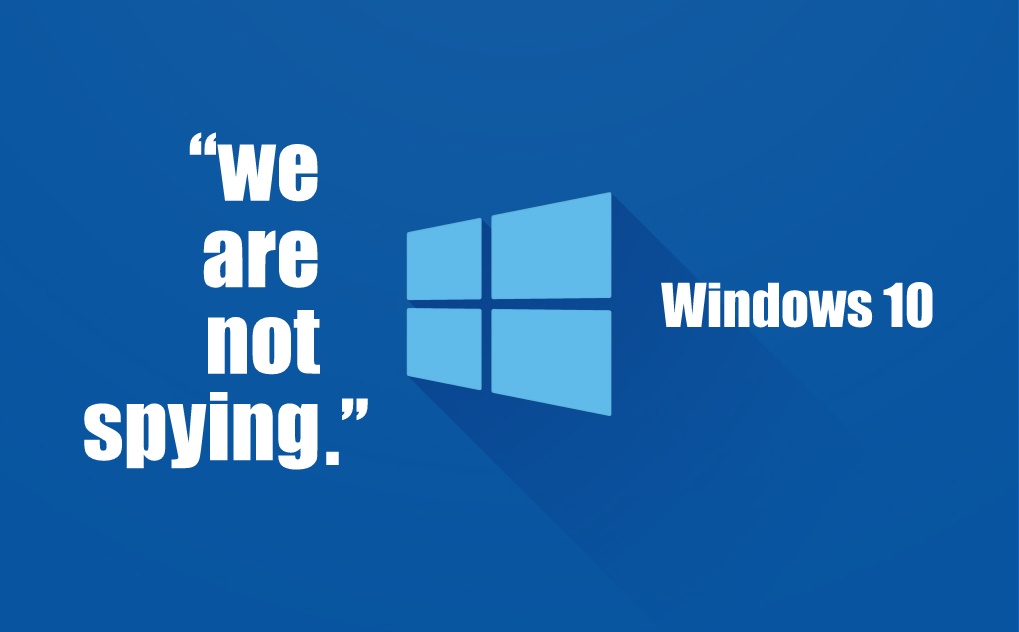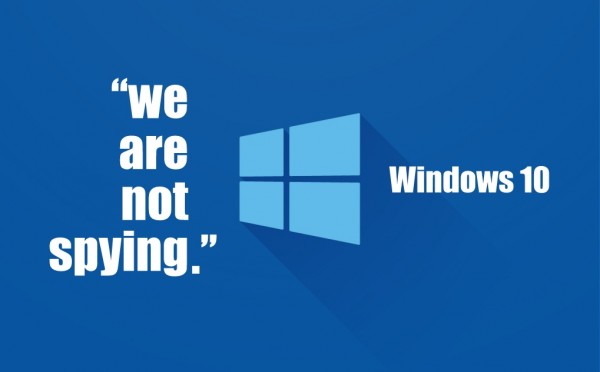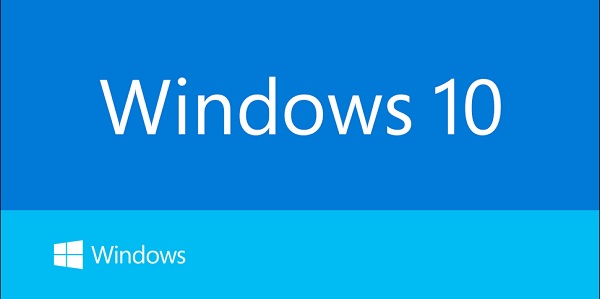When Windows 10 first came out, plenty of consumers were sceptical about Microsoft’s new operating system privacy policy. Many speculated that Microsoft was actually spying on its customers. However, Microsoft rectified this issue by updating its privacy statement and insists that it has no interest in collecting personal data from its users for personal use. The revision was quietly implemented since last month although many hadn’t noticed.
The changes were initially spotted by the folks at ZDNet. By the looks of it, the new privacy statement is lengthier compared to its predecessor. In the newly updated privacy statement, Microsoft explains where and when it collects data from users. Microsoft stresses that data collection is merely for the purpose of providing customers with a service that they have requested. For example, Microsoft’s email client, Outlook, has to gather content from a users email so that it may be displayed back on Outlook.
The next revision states that Microsoft does not use individual recovery keys for any purpose. This revision was added to the section under ‘device encryption’. Microsoft automatically backs up Bitlocker encryption keys to OneDrive. The most major issue users had with Windows 10 was the fact that the operating system had the ability to scan personal files on local hard disks. Microsoft re-evaluated this on their privacy statement by stating that it only scans files in private folders on OneDrive.
In addition, Microsoft says “we will access, disclose and preserve personal data, including your content (such as the content of your emails in Outlook.com, or files in private folders on OneDrive), when we have good faith belief that doing so is necessary.” ‘Necessary” here refers to obeying the law or to protect Microsoft’s rights along with its customers.
There is also an addition in the “providing and improving” services section. The new revised edition of the privacy statement instated that collection of data is only done for the interest of Microsoft’s customers to have better customer support, validating software licenses and to inform users of malicious software. Likewise, Microsoft also says that Cortana can obtain users current location and location histories which will benefit users by giving them location-based updates like traffic conditions.
Microsoft’s newly updated and extensive Privacy Statement can be viewed on Microsoft’s website.
Follow us on Instagram, Facebook, Twitter or Telegram for more updates and breaking news.





